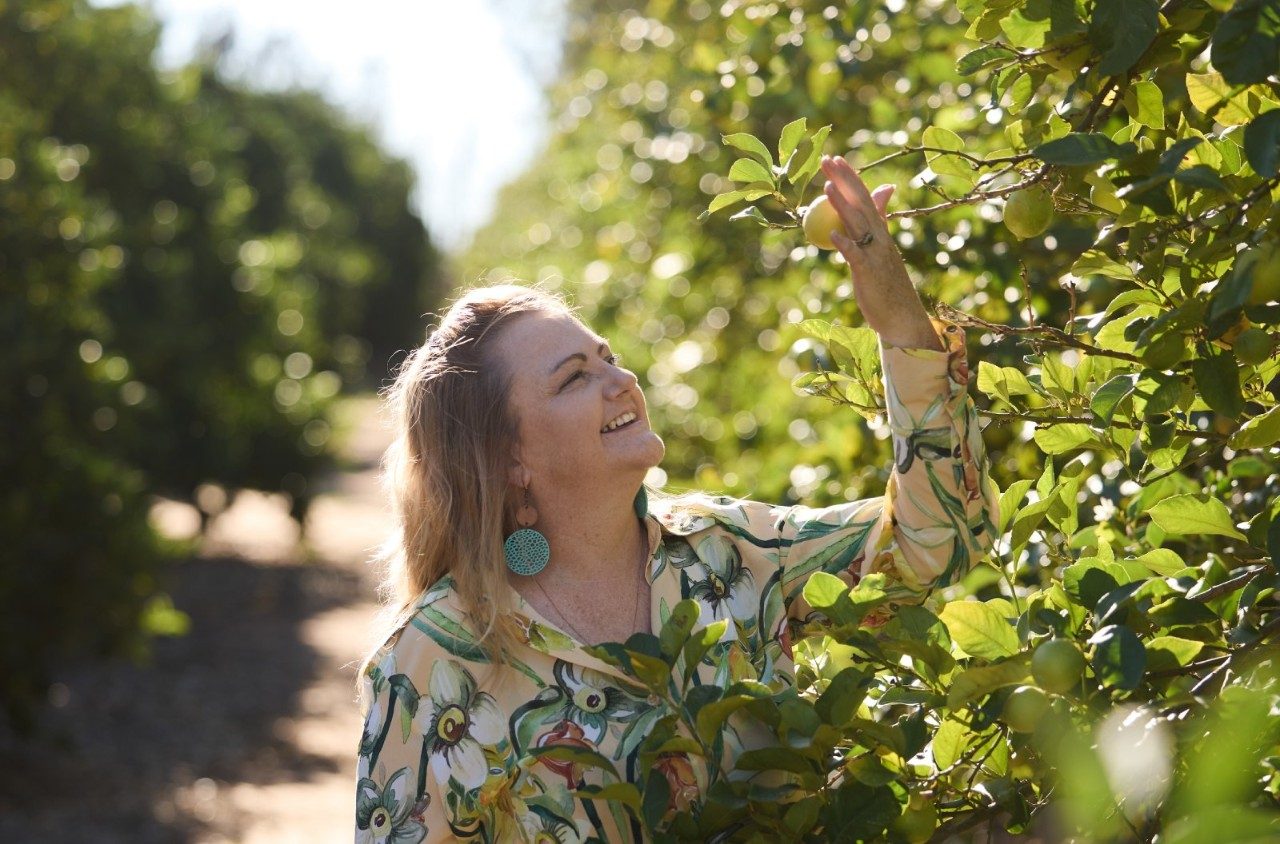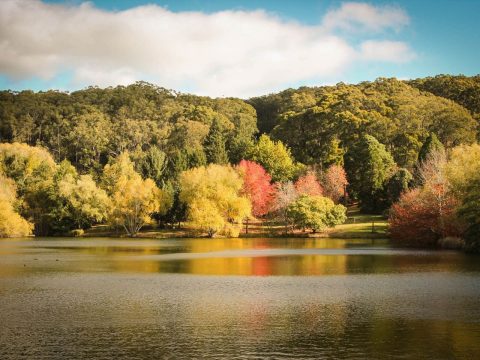This Australian Business Is Turning Surplus Produce Into Delicious Shelf-stable Meals

A mission to buy surplus produce from local farmers and turn it into shelf-stable dried meals sprouted a second business geared at campers and hikers, says founder Kelly Johnson.
Fact file
Founder: Kelly Johnson, 54
Investors: Self-funded
First customers: Woodlane Orchard dehydrated meals, snacks and garnishes started selling in 2018; small-portion brand SPhiker debuted in 2023
Headquarters: Murray Bridge, South Australia
Number of employees: Two full-time, two casual
What’s your elevator pitch?
“We’re rescuing produce and transforming it into nutritious, lightweight meals for families, hikers and individuals living alone. We also hold workshops showing people how they can dehydrate food to make similar meals from scratch to reduce waste. As much as possible, everything is gluten-free and vegan – our meals include chow mein and mushroom ragout, soups, snacks and dried citrus garnishes for cocktails. Our hiking customers told us the Woodlane Orchard family serves were too big so we created single- and double-serves for SPhiker. And the packaging for SPhiker is completely home compostable so if it blows away in the bush, it will break down.”
What was the problem you were aiming to solve?
“In Australia, we send 7.6 million tonnes of food to landfill every year. I wanted to help reduce food waste in my region, the Murraylands and Riverland, by dehydrating surplus fresh produce to make healthy shelf-stable meals. You literally add water and get a lovely pot of nutritious food that’s simple to make, rescues produce and puts dollars into farmers’ hands.”
How does it work?
“I collect from as close to me as possible but we now take from the Adelaide Hills, Gawler at the top of Adelaide and to the Barossa Valley. If a farmer rings me and says, ‘I’ve got a tonne of peaches that will rot,’ I’ll take it if I can get it. Maggie Beer called me with surplus apples and I dried them and we each took half to sell. I work with farmers to figure out the best scenario for them and generally pay above market price. Our recipes change when something new comes along. We had a farmer with a whole crop of figs so we made a dried fig and vanilla rice pudding – the next year he had no figs but by then I had a recipe that people were demanding! Another farmer turned up on the driveway with hundreds of kilos of eggplant – I’d never even cooked with eggplant but we turned it into ratatouille.”
How did you get it off the ground?
“I started making the Woodlane Orchard meals in my house in 2018, selling at farmers’ markets, and when COVID came along I put it online. I couldn’t believe it – people were interested and wholesalers were coming to me. We’re now in an old Chinese restaurant in Murray Bridge – we have 10 dehydrators and 160 drying trays, plus timers so we can go as many hours a day as we need to. I spent 15 years in scouting, including 10 years training Scout leaders around Australia, and that gave me the business knowledge and skills to make this work.”
What’s next?
“I am this year’s SA winner of the AgriFutures Rural Women’s Award and used the $15,000 prize to buy a freeze dryer. Now we can save produce such as blueberries and strawberries, which are difficult in dehydrators, and dry grains and rices for SPhiker meals so they cook faster. My dream is to create a mobile dehydrating unit. I could take it into regions that are locked down because of fruit fly – if the farm next door gets fruit fly, even if your crop is fine you have to let it drop and rot. I can go in with the mobile unit, dry it in situ and take it out of the region safely as food. If I can build one of these units to prove to the government that it works, we can create hubs all around Australia.”



